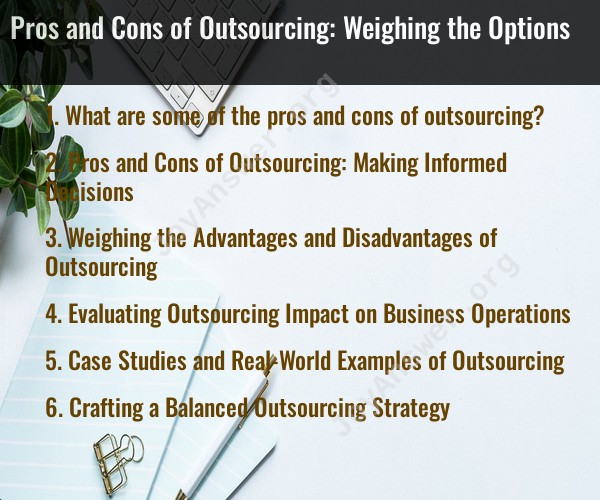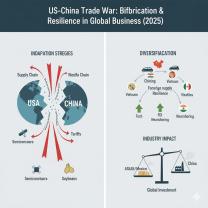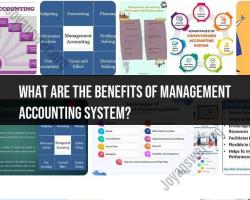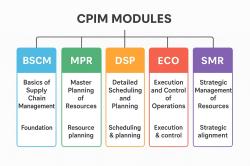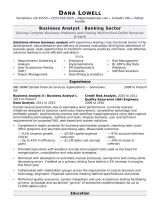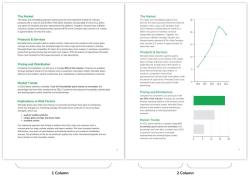What are some of the pros and cons of outsourcing?
Outsourcing can have both advantages and disadvantages, and the decision to outsource should be based on a careful consideration of the specific needs and circumstances of a business. Here are some of the pros and cons of outsourcing:
Pros of Outsourcing:
Cost Savings: Outsourcing can often be more cost-effective, as it can reduce labor and operational costs. Companies can save on salaries, benefits, office space, and other overhead expenses.
Focus on Core Activities: Outsourcing non-core functions allows a company to concentrate on its core competencies and strategic activities, which can lead to increased productivity and competitiveness.
Access to Global Talent: Outsourcing provides access to a global talent pool, which can be especially beneficial for specialized or technical tasks that may be difficult to find locally.
Scalability: Outsourcing allows businesses to easily scale their operations up or down according to their needs without the challenges of hiring or laying off in-house staff.
Flexibility: Outsourcing can provide flexibility in terms of service contracts and the ability to adapt quickly to changing market conditions.
Time Savings: Delegating certain tasks to outsourcing partners can save time, enabling companies to meet deadlines and achieve faster time-to-market.
Cons of Outsourcing:
Loss of Control: When you outsource, you relinquish some control over the processes and quality of work, which can be a concern, especially for critical business functions.
Quality Concerns: The quality of work may not always meet the expected standards, especially if the outsourcing partner does not have the same level of commitment to your business as in-house employees.
Security Risks: Outsourcing can introduce security risks, especially if sensitive data is shared with external partners. Data breaches and confidentiality breaches can be a concern.
Communication Challenges: Differences in time zones, language, and culture can lead to communication challenges that may impact project coordination and understanding.
Hidden Costs: While outsourcing can reduce labor costs, there may be hidden costs such as management and oversight expenses, which can add up over time.
Risk of Provider Instability: If the outsourcing provider faces financial or operational problems, it can disrupt your business operations.
Reputation Risks: If the outsourcing partner delivers poor service, it can harm your company's reputation and customer satisfaction.
In summary, outsourcing can be a valuable strategy for many businesses, but it comes with its own set of risks and challenges. When considering outsourcing, it's important to conduct thorough due diligence, choose reliable partners, and carefully weigh the pros and cons to determine if it aligns with your business objectives and priorities.
Pros and Cons of Outsourcing: Making Informed Decisions
Outsourcing is the process of contracting out business functions or processes to third-party providers. It can be a complex decision, and it is important to weigh the pros and cons carefully before making a decision.
Pros of outsourcing:
- Reduced costs: Outsourcing can help businesses to reduce their costs by accessing lower labor rates or by eliminating the need to invest in expensive equipment or software.
- Increased efficiency: Outsourcing can help businesses to improve their efficiency by allowing them to focus on their core competencies and by freeing up their internal resources to focus on other tasks.
- Access to expertise: Outsourcing can give businesses access to expertise and resources that they might not have in-house.
- Improved flexibility: Outsourcing can help businesses to be more flexible and responsive to changing market conditions.
Cons of outsourcing:
- Loss of control: When businesses outsource, they lose some control over the outsourced functions or processes. This can be a risk, especially if the third-party provider is not reliable or experienced.
- Communication challenges: Communication can be a challenge when outsourcing, especially if the third-party provider is located in a different country or time zone.
- Security risks: Outsourcing can pose security risks, especially if the third-party provider does not have adequate security measures in place.
- Ethical concerns: There may be ethical concerns associated with outsourcing, such as the exploitation of workers in developing countries.
Weighing the Advantages and Disadvantages of Outsourcing
Before making a decision about whether or not to outsource, businesses should carefully weigh the pros and cons. Some factors to consider include:
- The nature of the outsourced function or process
- The cost savings potential
- The availability of qualified third-party providers
- The risks involved
- The ethical implications
Evaluating Outsourcing Impact on Business Operations
Once a business has decided to outsource, it is important to evaluate the impact on business operations. This includes:
- Identifying the specific functions or processes that will be outsourced
- Developing a transition plan
- Selecting a qualified third-party provider
- Negotiating a contract
- Monitoring the performance of the third-party provider
Case Studies and Real-World Examples of Outsourcing
There are many examples of outsourcing in the real world. For example, many companies outsource their customer service, IT support, and accounting functions. Outsourcing is also commonly used in the manufacturing sector.
Here are a few case studies of outsourcing:
- Google: Google outsources a significant amount of its work, including its customer service, data entry, and some of its software development.
- Amazon: Amazon outsources a significant amount of its fulfillment work to third-party providers.
- Apple: Apple outsources the manufacturing of its iPhones and other products to third-party manufacturers in China and other countries.
Crafting a Balanced Outsourcing Strategy
When crafting an outsourcing strategy, it is important to find a balance between reducing costs and maintaining control. Businesses should also consider the risks involved and the ethical implications of outsourcing.
Here are a few tips for crafting a balanced outsourcing strategy:
- Start by identifying the functions or processes that are best suited for outsourcing.
- Carefully select qualified third-party providers.
- Negotiate contracts that clearly define the scope of work, the performance standards, and the termination process.
- Monitor the performance of the third-party providers closely.
By following these tips, businesses can develop an outsourcing strategy that helps them to reduce costs, improve efficiency, and access expertise, while also maintaining control and minimizing risks.
